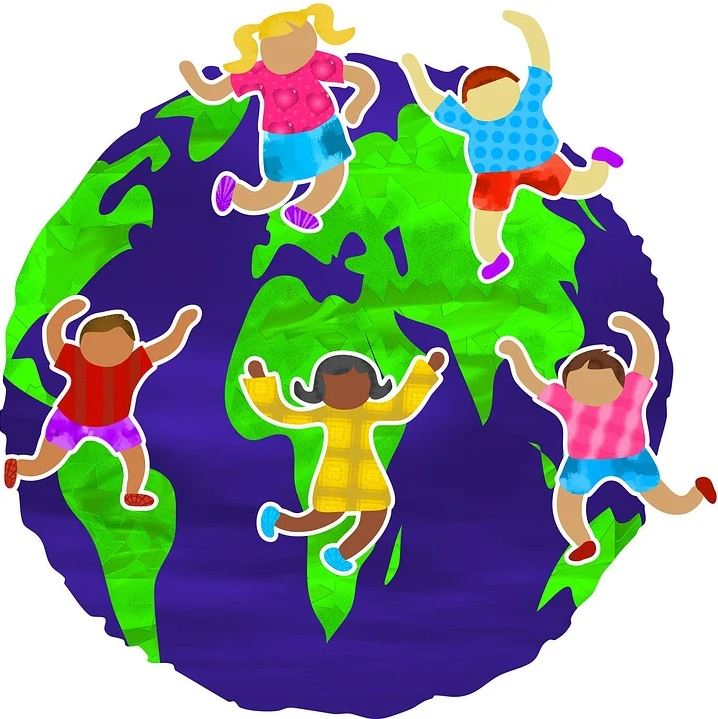
Generalizing for Generations
to infer or form (a general principle, opinion, conclusion, etc.) from only a few facts, examples, or the like.
This is the definition of the word “generalize” according to Dictionary.com. I believe this definition is one of the most important ones that we as a society must commit to memory in order to assure that in the future we can stand hand in hand, whether those hands are black or white.
Generalizations are important, they help us to develop stereotypes that can save our lives. I am sure when somebody first met a tiger and it did not end well, the news got around and the generalization from one example that tigers will harm you was made. This led to the stereotype that tigers are ferocious and can and will eat you. This probably has saved many lives.
But, what about when generalizations which have been generations in the making create dangerous stereotypes that infect our society and create fear amongst ourselves?
In a study done from 2011-2014 by doctoral student in anthropology at the University of California, Cody T. Ross, found that an unarmed black man was 3.5 times more likely to be shot when compared to a white unarmed man 2.
In a study done on the Oakland Police Department from 2013-2014 by Rebecca C. Hetey, Benoît Monin, Amrita Maitreyi, Jennifer L. Eberhardt at Stanford University, it was found that the African Americans were overstopped. They also found this effect “was more pronounced when officers indicated that they could determine the race of the person before making the stop”3. They also found that African Americans were handcuffed more and searched more than white people even though white and black people had the same probability to have contraband on them. This statistic was still higher after excluding instances in which an arrest was actually made and contraband was actually found 3.
Just recently, I had a discussion with someone after they said they would unfollow me because I posted on my social media that #blacklivesmatter and along the way in this conversation he brought up the dangerous stereotype that most black fathers leave their families often.
In America, there are dangerous generalizations at play that lead to dangerous stereotypes of whole groups and/or races of people. Oftentimes (if not all the time) these generalizations are unfair and are the ramifications of our racist past. This has spanned generations, for 100s of years unfair generalizations of black people have led to dangerous stereotypes. For generations we (white people) have viewed black people as lesser, as if they are inherently evil or bad, as if all black fathers leave their children, we have allowed unfair generalizations to span generations. Generalizations that were made off of untrue rumors, false testimonies, lying eye witnesses, wrongful convictions, and unfair examples. Generalizations of a whole race from a few false and/or unfair examples. These generalizations have led to unfair stereotypes in which we are seeing the ramifications of in the form police brutality and many other injustices.
The same goes for the police. We are making generalizations of the horrendous acts of a few to characterize a whole group of people.
We, as a society, must stop making generalizations on whole groups and races of people because these lead to stereotypes that make us fear each other. This fear is what leads to racial profiling, police brutality, and is what empowers white privilege.
First, we must admit making generalizations of whole groups of people off of a few people is entirely unfair and leads to dangerous stereotypes. The first step to solving a problem is admitting there is a problem.
Second, to the few people that want to do hateful, awful things, we must not condone their actions. To the murderers of the unarmed black men in America, we must not let them have the power to disrespect the police badge in America. We must vigorously detest these actions and make it known these actions are not okay. And this voice must not only be heard in the black community, but as well among the police officer and white communities also.
However, justice must be served in a loving way. We can do this by listening, by protesting, by genuinely saying “I am here, and I am listening, and I do care.” If we respond hate with hate, violence with violence, we are no better than the people that did the hateful thing in the first place.
Finally, and this is the most important, let us make every effort to serve one another humbly in love. Let’s listen to each other. Let’s stand hand in hand with each other. Let’s peacefully protest with each other. Let's see our different races, and let’s say “this is beautiful”.
Listen, we are not tigers, we are people. Our different colors of skin should not inspire fear and hatred, but instead it should inspire love. My white friend is just as beautiful as my black friend who is just as beautiful as my Indian friend who is just as beautiful Asian friend who is just as beautiful as my Latino friend and so on and so forth.
But the only way we can be beautiful is if we are beautiful together, standing hand in hand together in love.
Citations
CitationsDictionary.com, “Generalize Definition.” Dictionary.com, accessed May 31, 2020
Weir, Kirsten. “Policing in black & white”. Monitor on Psychology vol 47, no. 11, (December 2016): pg. 36, https://www.apa.org/monitor/2016/12/cover-policing
Hetey, R. C., Monin, B., Maitreyi, A., & Eberhardt, J. L. “Data for change: A statistical analysis of police stops, searches, handcuffings, and arrests in Oakland, Calif., 2013-2014.” Stanford University, SPARQ: Social Psychological Answers to Real-World Questions, June 23, 2016, https://stanford.app.box.com/v/Data-for-Change

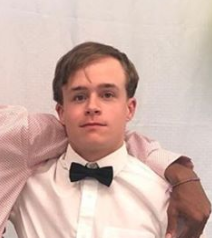


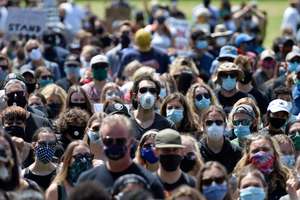
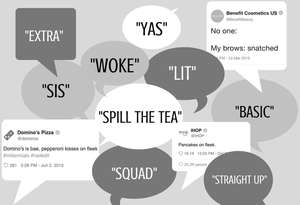
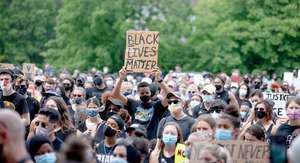
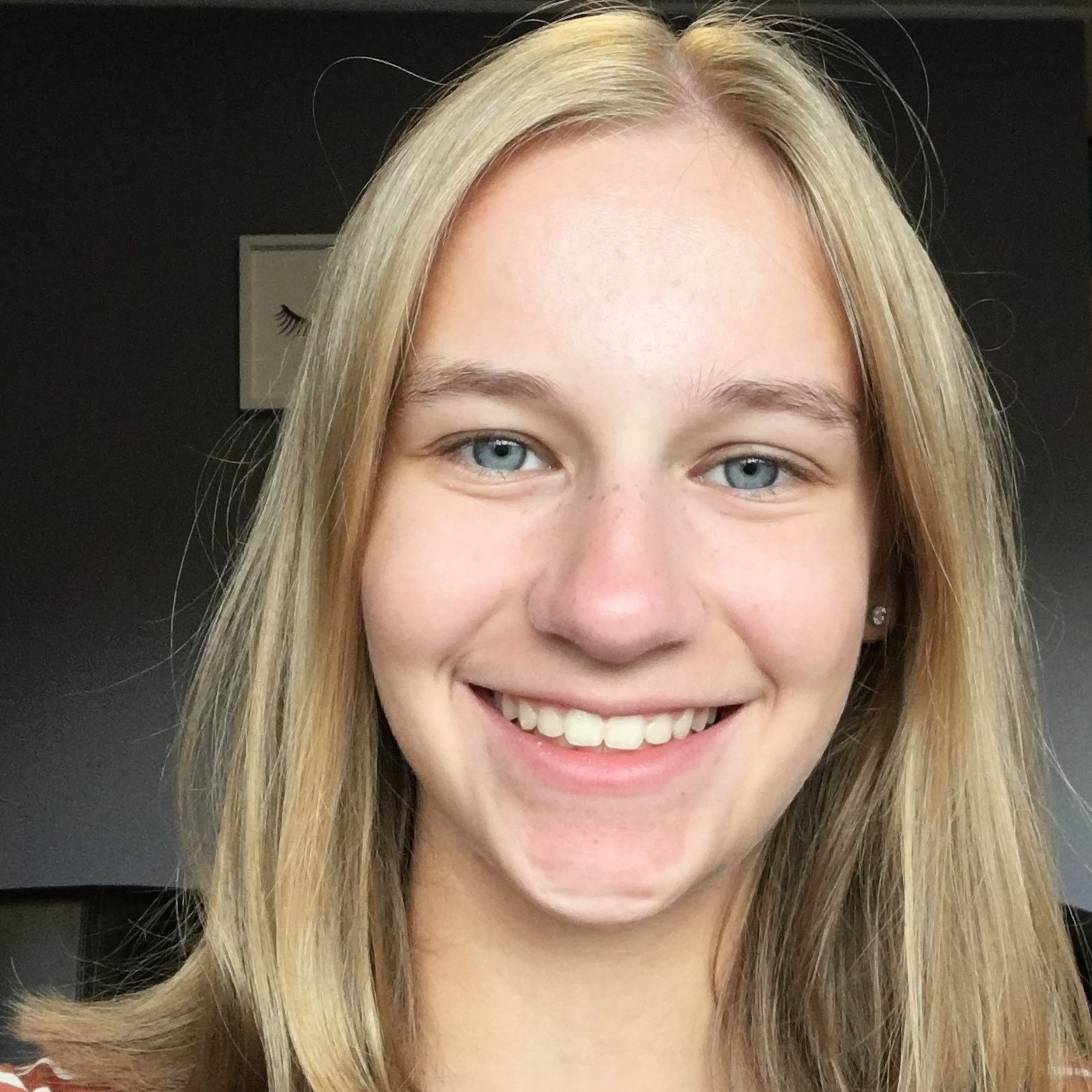
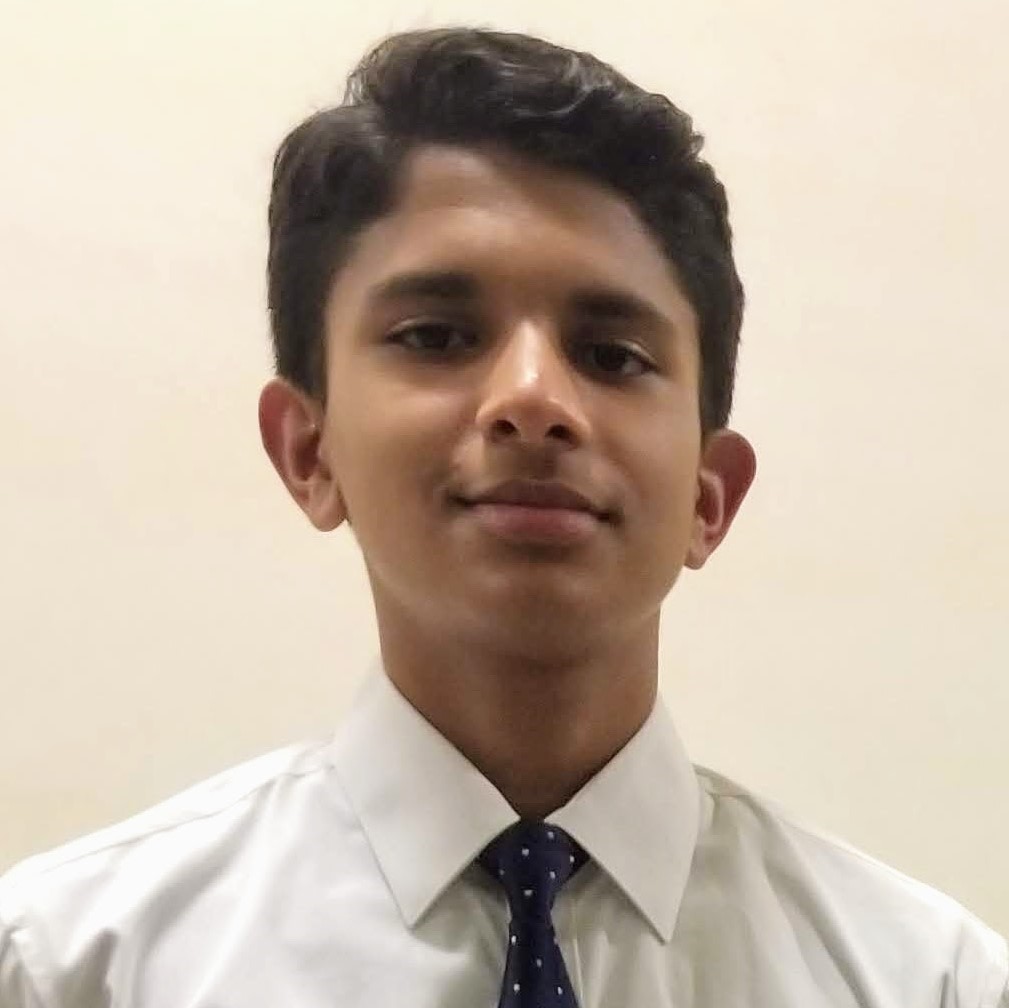
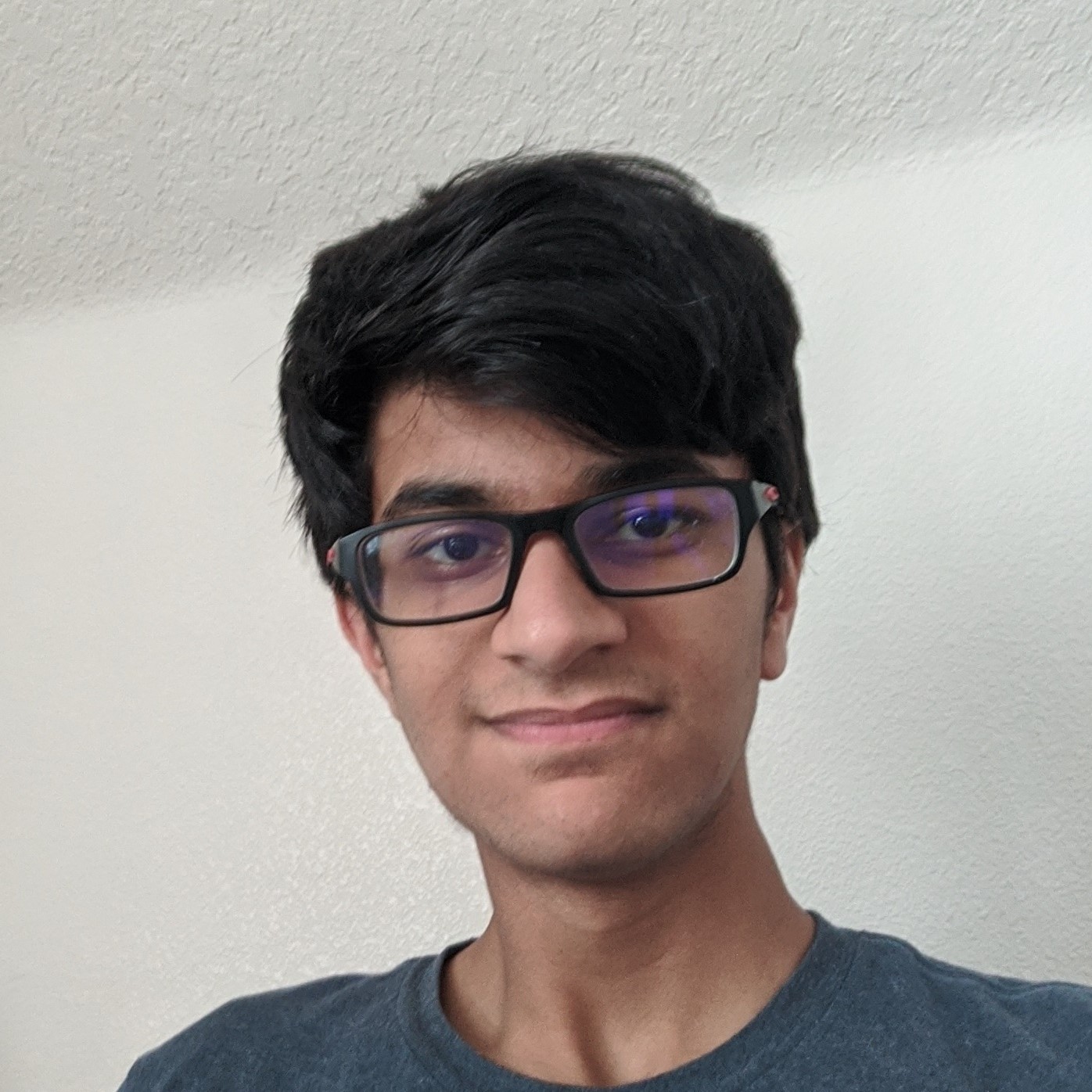
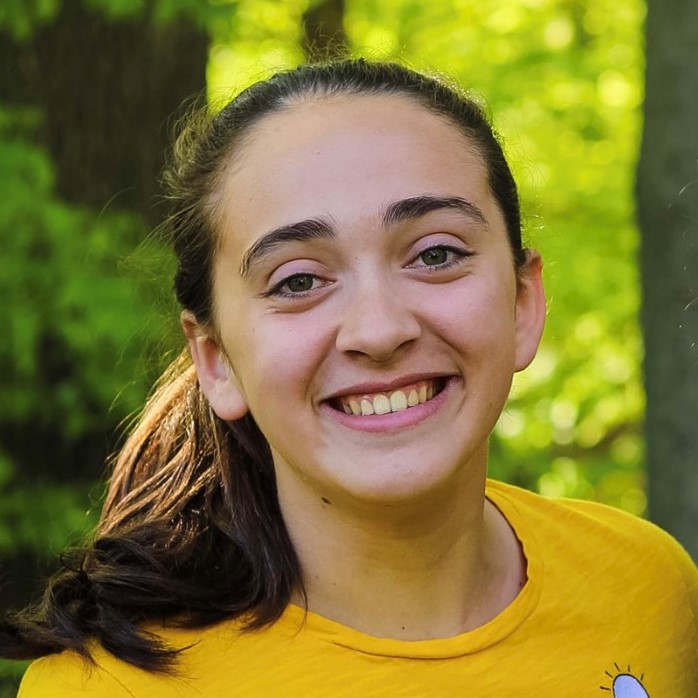

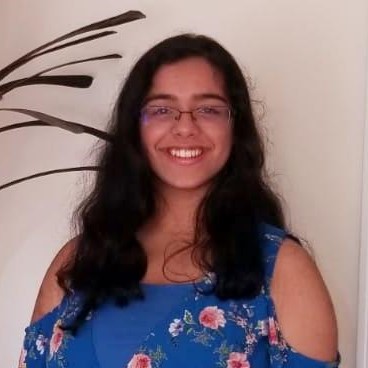
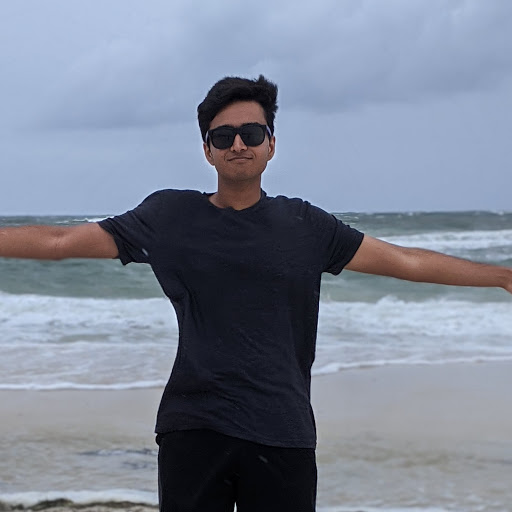
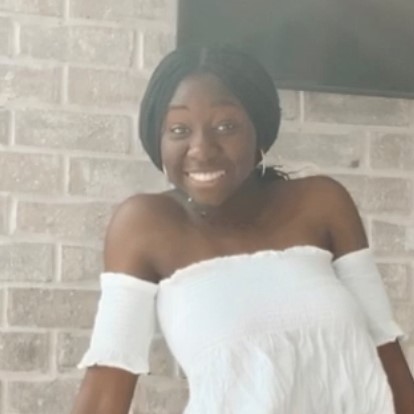




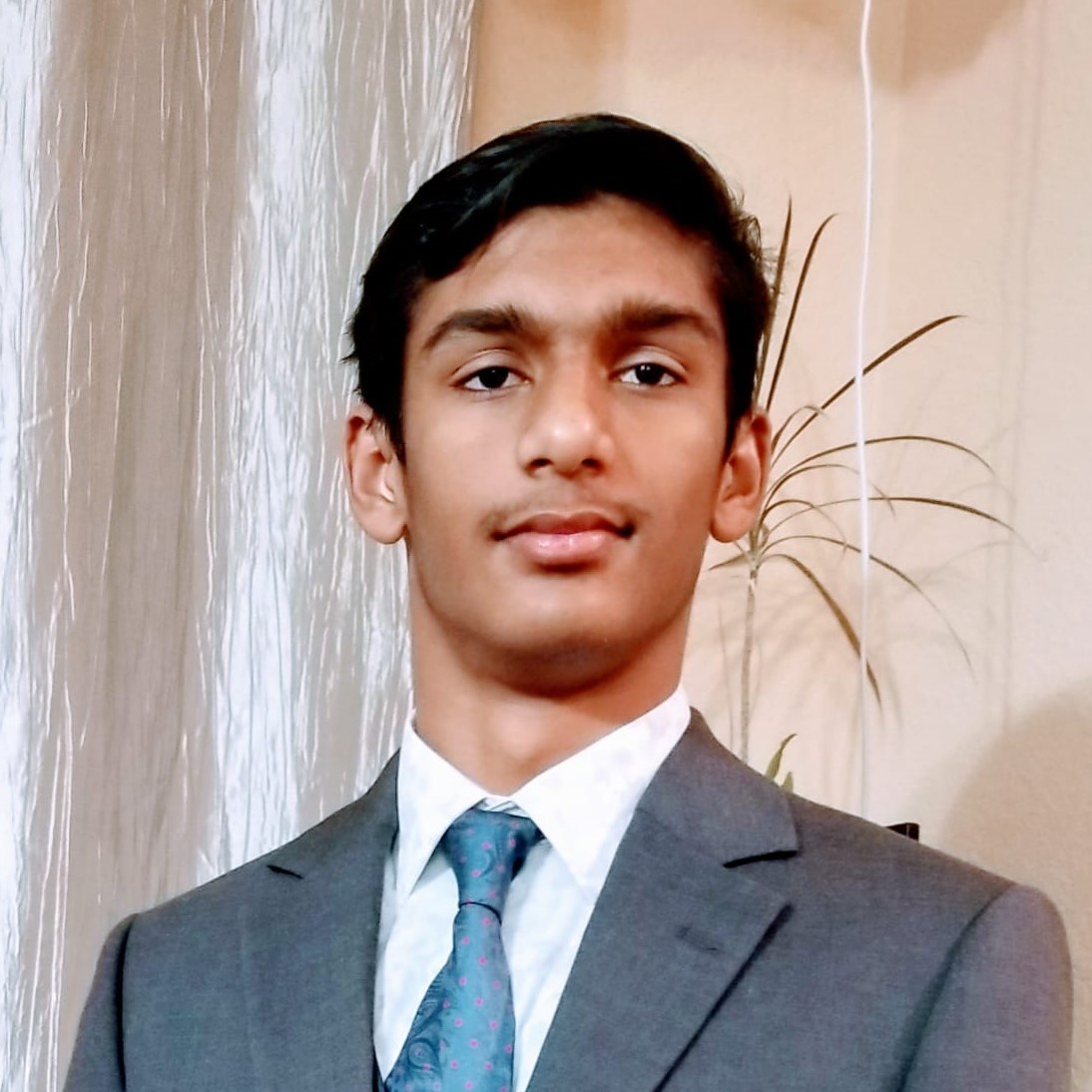

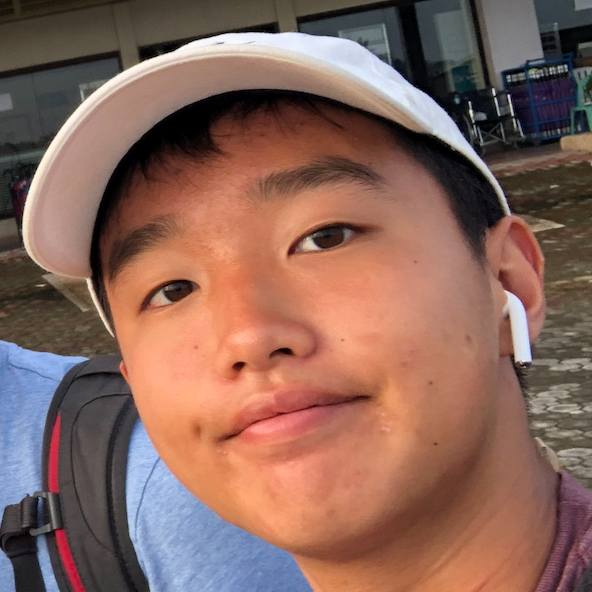
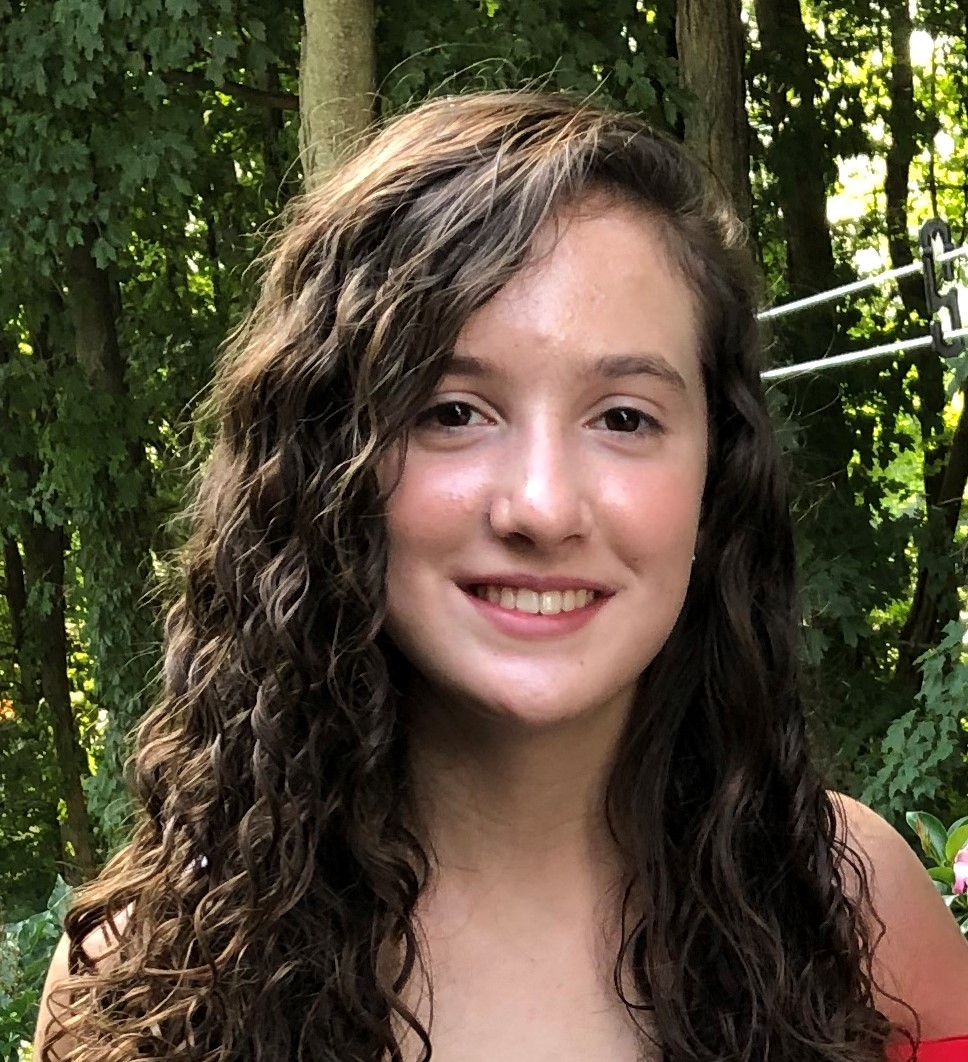
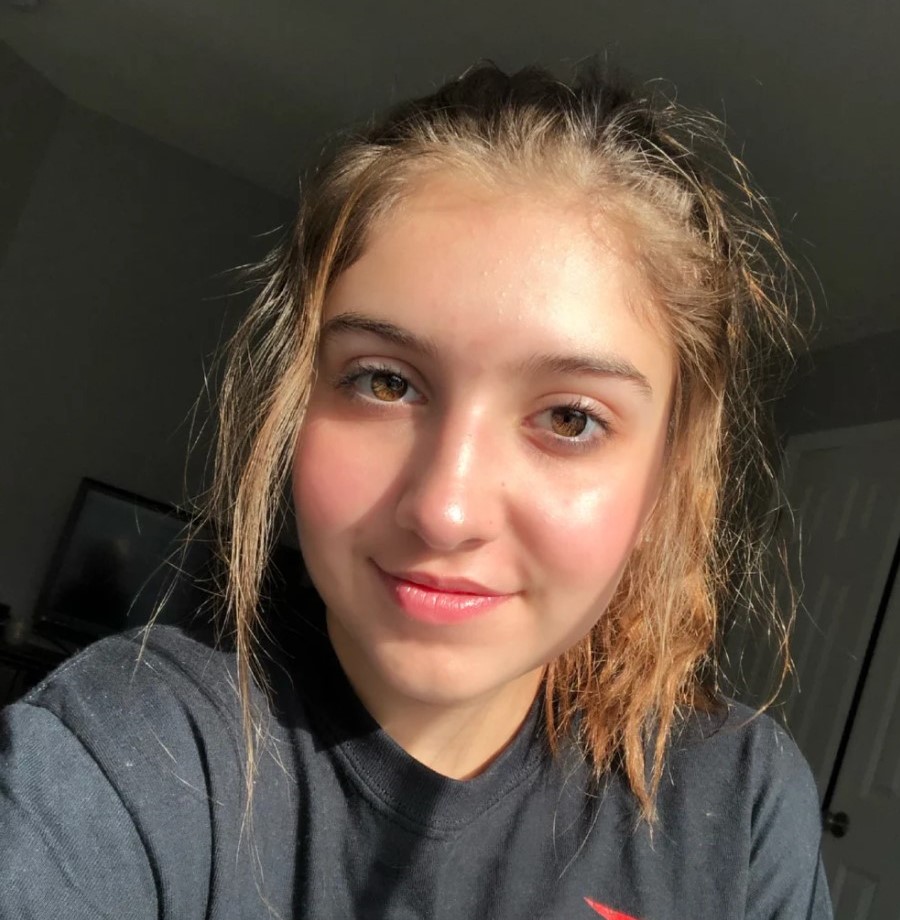
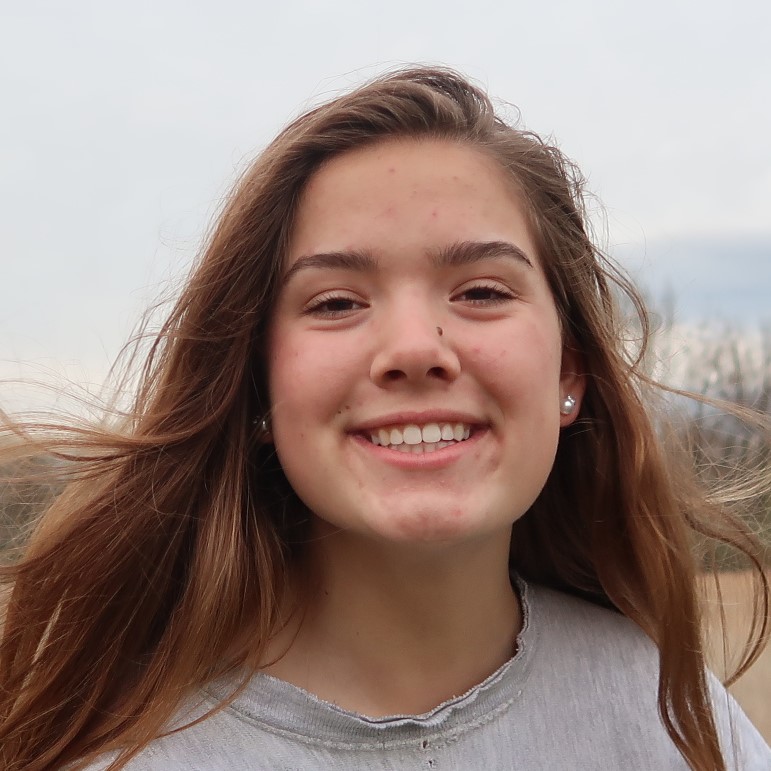
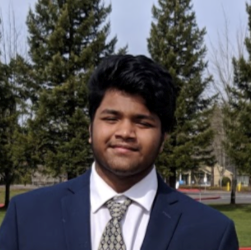
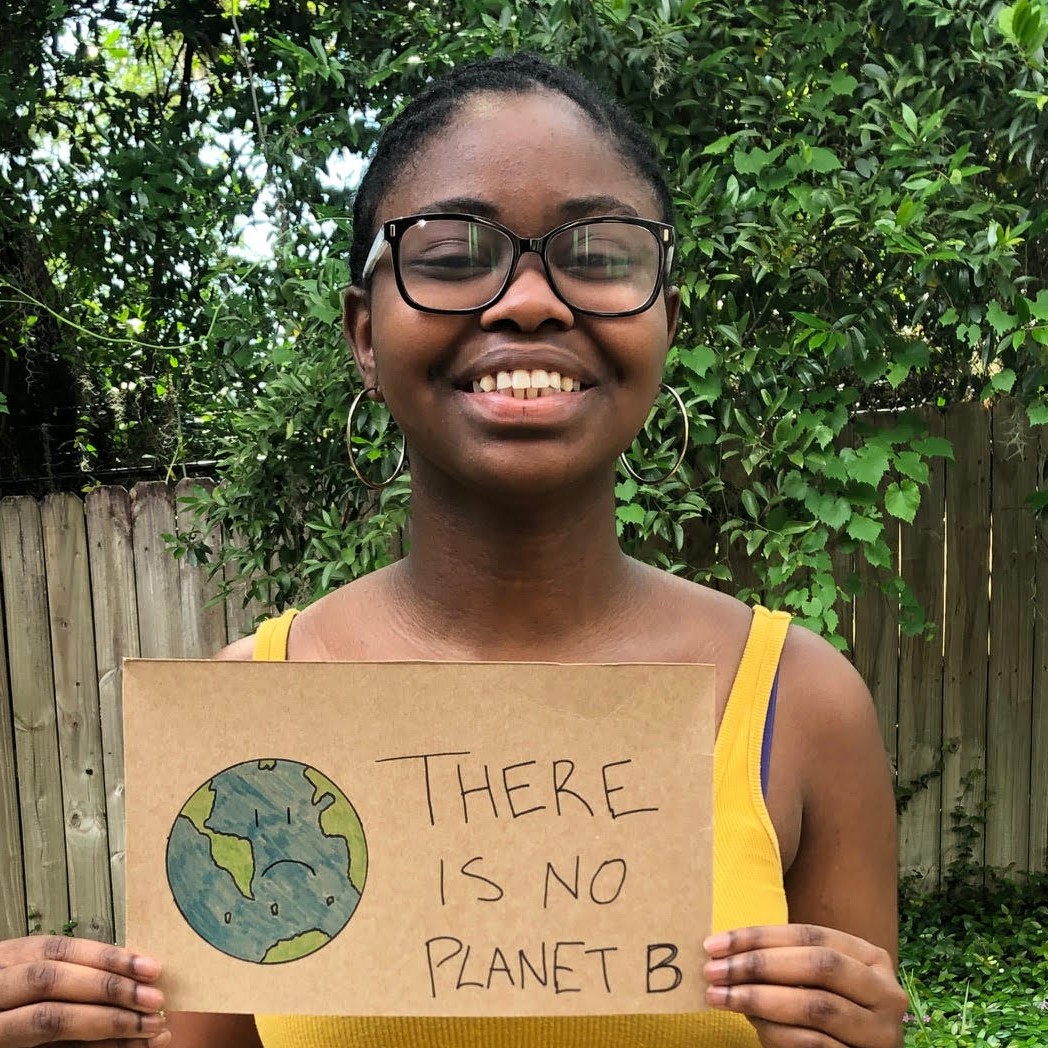
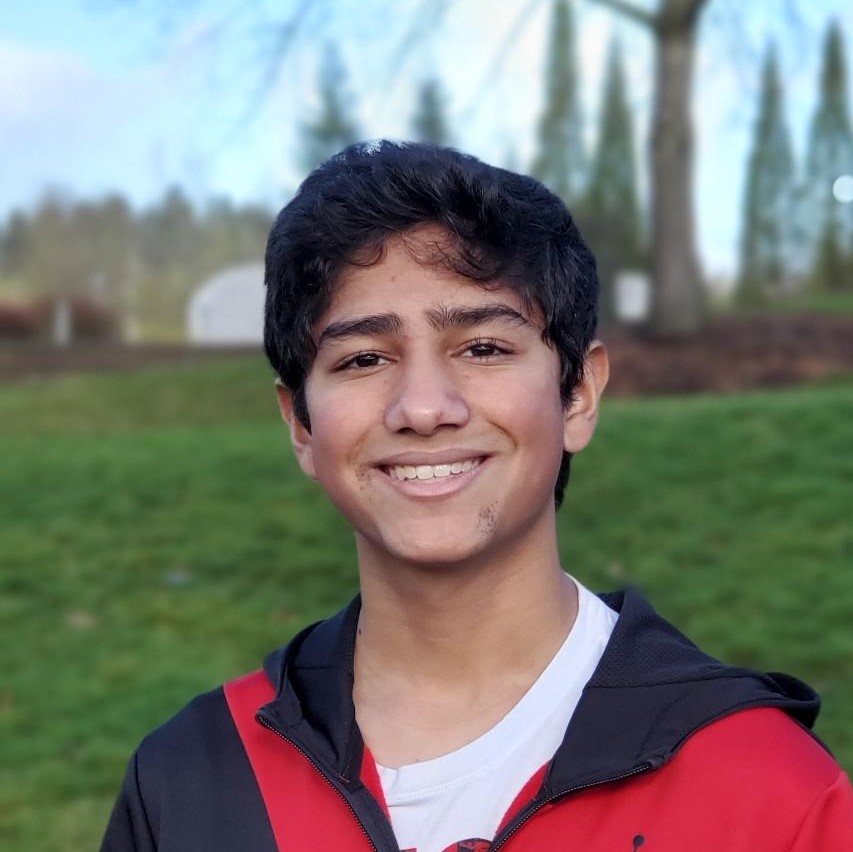

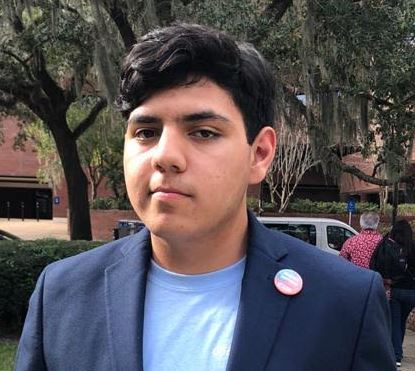
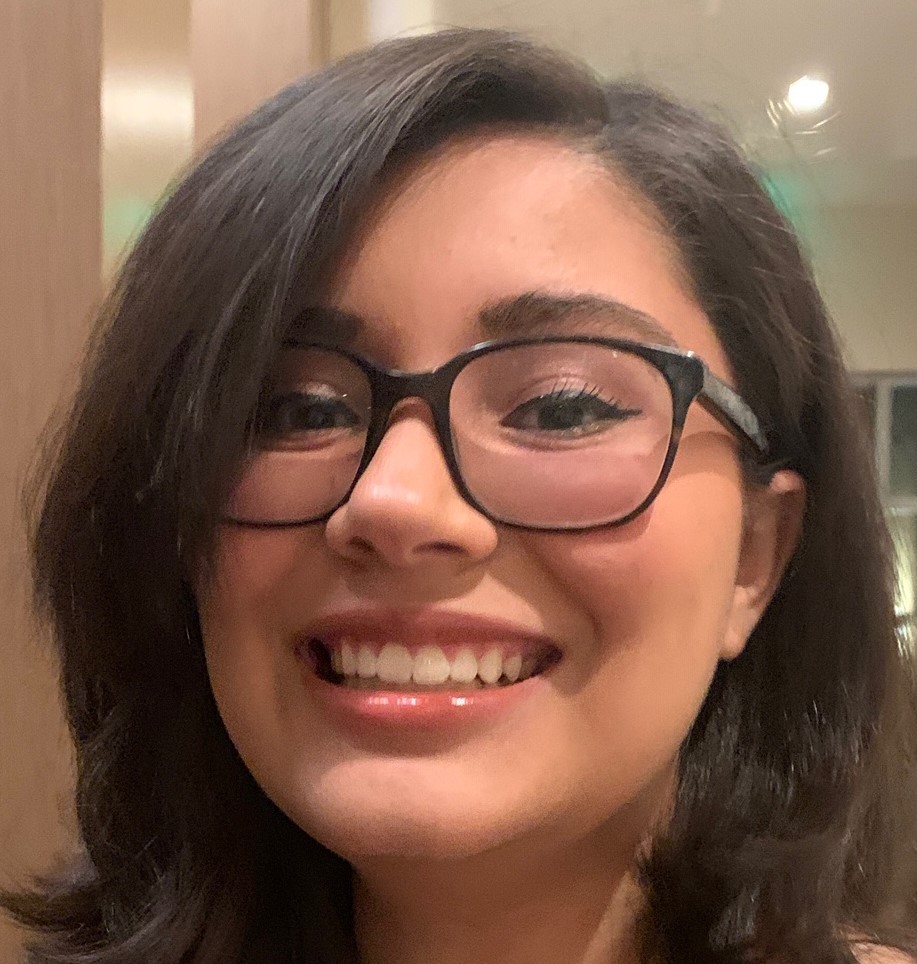
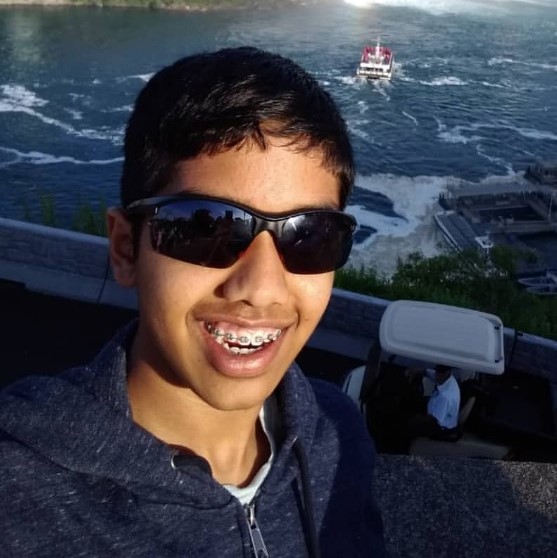

Comments